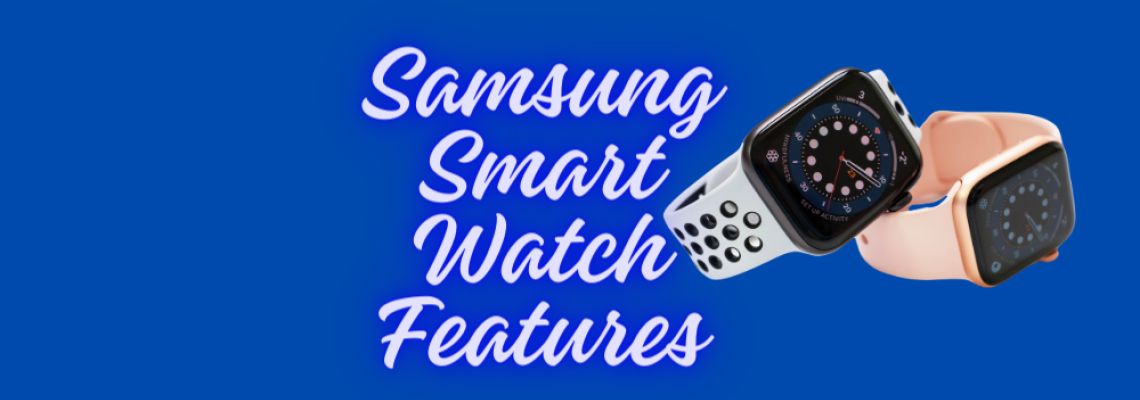
Can You Measure Your Pulse With A Samsung Smart Watch?
In recent years, wearable technology has become increasingly popular, with smart watches leading the charge in providing users with a plethora of features. Samsung, a major player in the smart watch market, has been at the forefront of innovation, offering devices that not only tell time but also monitor various aspects of health and fitness. One of the key questions many users have is whether they can measure their pulse with a Samsung smart watch. In this article, we'll delve into this topic and explore the additional health features that Samsung smart watches offer.
Measuring Your Pulse with a Samsung Smart Watch
Yes, you can measure your pulse with a Samsung smart watch. Samsung smart watches come equipped with advanced sensors that can monitor your heart rate continuously throughout the day. By simply wearing the watch on your wrist, you can get real-time updates on your heart rate, allowing you to track your pulse during exercise, rest, and various daily activities.
The heart rate monitor on Samsung smart watches uses photoplethysmography (PPG) technology, which uses light to detect changes in blood volume. This technology is highly accurate and provides reliable heart rate measurements, making it a valuable tool for those looking to monitor their cardiovascular health.
To measure your pulse using a Samsung smart watch, simply open the Samsung Health app on your watch, select the heart rate monitor, and follow the on-screen instructions. Within seconds, you'll get an accurate reading of your pulse, allowing you to track changes over time and make informed decisions about your health and fitness routine.
Additional Health Features of Samsung Smart Watches
In addition to measuring your pulse, Samsung smart watches offer a range of other health-related features that can help you stay on top of your wellness goals. Some of these features include:
-
Sleep Monitoring: Samsung smart watches can track your sleep patterns, including the duration and quality of your sleep. By analyzing your sleep data, you can gain insights into your sleep habits and make adjustments to improve your overall sleep quality.
-
Activity Tracking: Samsung smart watches can track various activities, such as walking, running, cycling, and swimming. By monitoring your activity levels, you can set goals and track your progress over time, helping you stay motivated and active.
-
Stress Monitoring: Samsung smart watches can measure your stress levels throughout the day, providing you with insights into your stress patterns and suggesting ways to manage stress more effectively.
-
Blood Oxygen Monitoring: Some Samsung smart watches are equipped with a sensor that can measure your blood oxygen saturation levels. This feature can provide valuable information about your respiratory health and overall fitness level.
-
ECG Monitoring: Certain Samsung smart watches come with an electrocardiogram (ECG) feature, which can detect irregular heart rhythms. This feature is especially useful for those with heart conditions or those looking to monitor their heart health more closely.
Conclusion
In conclusion, Samsung smart watches offer a range of advanced health features, including the ability to measure your pulse. With their accurate sensors and comprehensive health tracking capabilities, Samsung smart watches are a valuable tool for anyone looking to monitor and improve their health and fitness. Whether you're an avid athlete or simply looking to lead a healthier lifestyle, a Samsung smart watch can help you stay on track and achieve your wellness goals.
Below we have created a pro's and con's list for measuring your pulse with a Samsung smart watch.
 |
 |
|
|
Find Out More About Samsung Smart Watches Below....
Best Smart Watch Brands for 2024.
How to Use a Samsung smart Watch.
How Much Does a Samsung Smart Watch Cost?





